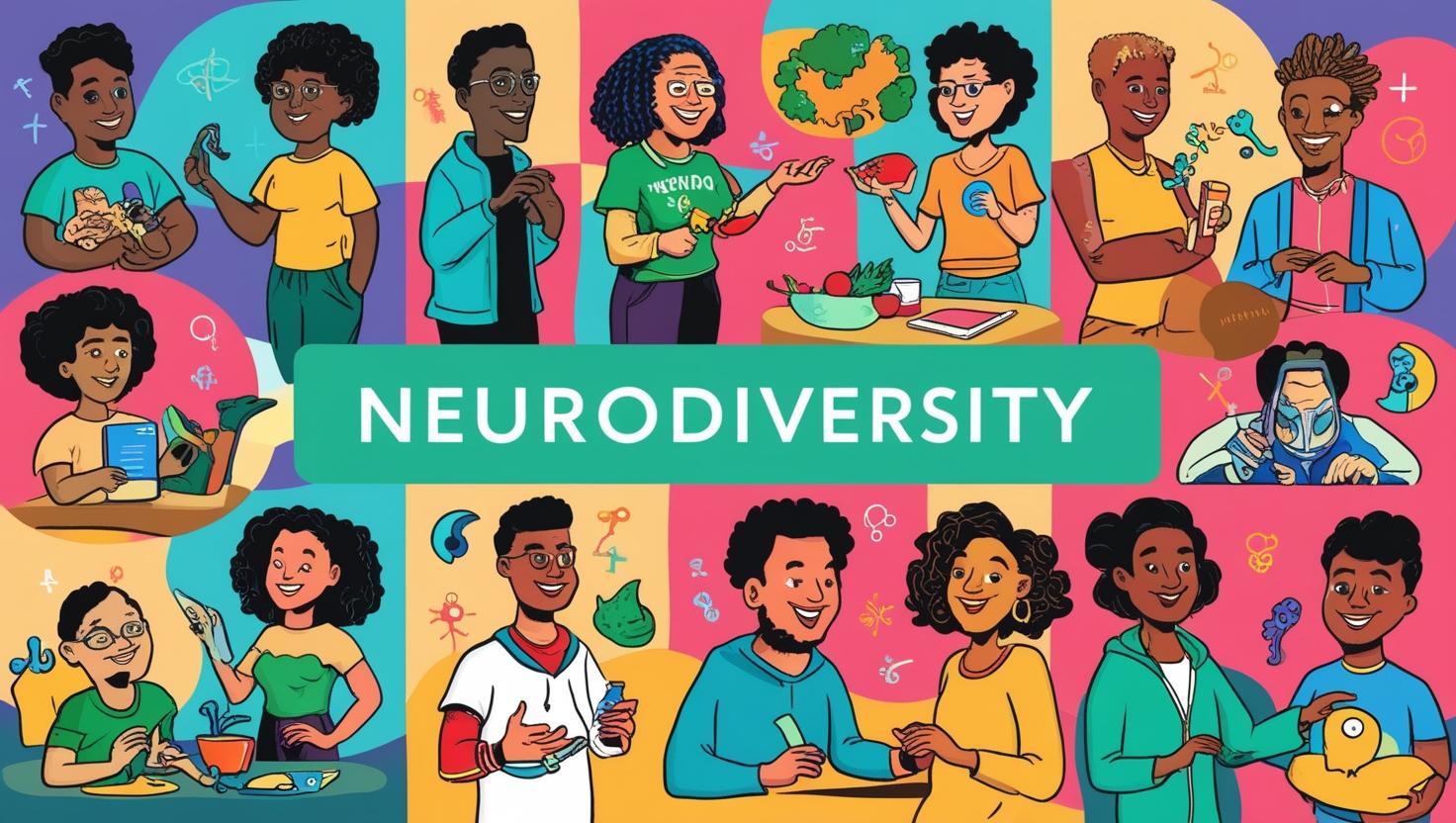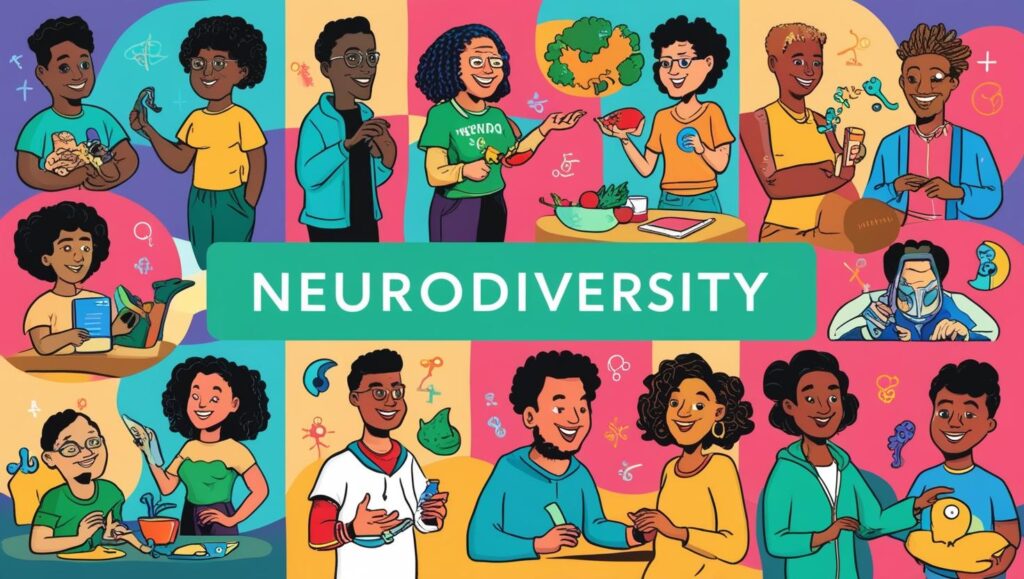
As parents, we often think about how best to support our children, nurture their talents, and guide them toward fulfilling their potential. But when it comes to raising neurodivergent children, the path can sometimes feel unclear or overwhelming. If you’re a parent navigating this beautiful yet unique journey, know this — your child’s neurodiversity is not a limitation. It’s an extraordinary strength that deserves celebration and empowerment.
This is a heartfelt invitation to celebrate neurodiversity and to help your child shine by focusing on their unique strengths. Together, we’ll explore ways to foster self-esteem and confidence in your neurodivergent child while making space for their passions and potential.
What is Neurodiversity?

Neurodiversity refers to the concept that neurological differences—such as autism, ADHD, dyslexia, and more—are natural variations in the human brain. Rather than viewing these differences as deficits, neurodiversity embraces them as part of the broad spectrum of human diversity.
Understanding this perspective can be a powerful shift for parents. Neurodivergent children bring tremendous value to the world, offering unique ways of thinking, learning, and problem-solving. By focusing on their strengths rather than solely their challenges, we can create environments where they can thrive.
Every Child Has Strengths Worth Celebrating
Your child’s unique strengths might already be shining through, but in the fast pace of day-to-day life, it’s easy to overlook them. Strengths can take many forms—creativity, empathy, logical thinking, determination, or the ability to see the world in ways others may not.
For example:
- A child with autism might excel in areas requiring focus and attention to detail.
- A child with ADHD might radiate energy and creativity, allowing them to think outside the box.
- A child with dyslexia might demonstrate remarkable problem-solving skills and out-of-the-box thinking.
Take time to observe, celebrate, and nurture these strengths. These are the gifts that will set the foundation for your child to flourish.
Strategies to Foster Self-Esteem in Neurodivergent Children
1. Empower Them with Positive Affirmations
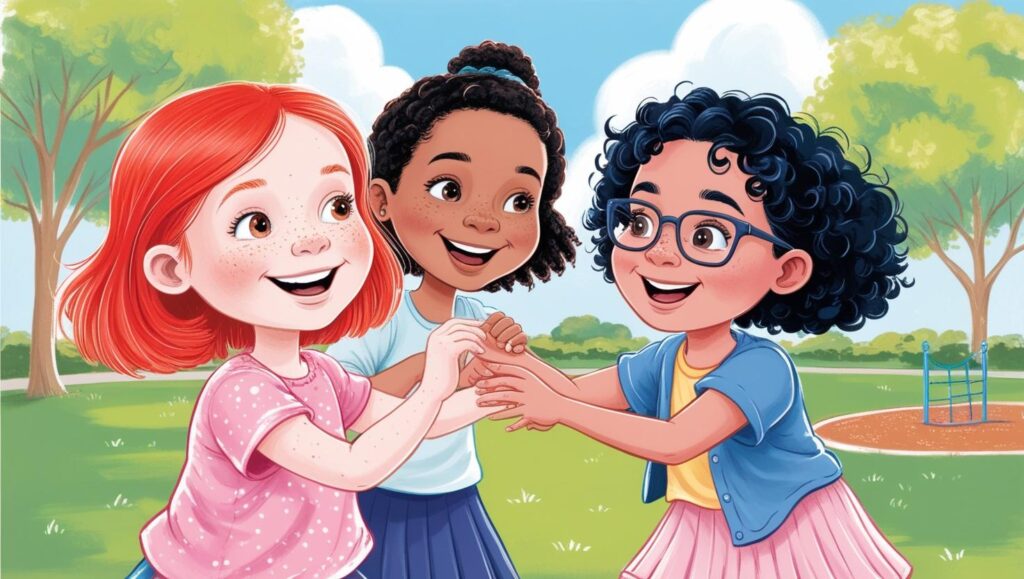
Words are powerful. Helping your child develop a positive self-image starts with how we speak about them and to them. Celebrate their efforts, acknowledge achievements (no matter how small), and remind them of their unique abilities.
Try saying things like:
- “I love how creative you are when you draw—it’s amazing to see your ideas come to life!”
- “Your focus is so impressive. I can’t wait to see what you do next.”
Reinforcing their strengths with positive affirmations will help your child see themselves through a lens of possibility, not limitation.
2. Encourage Passion Projects
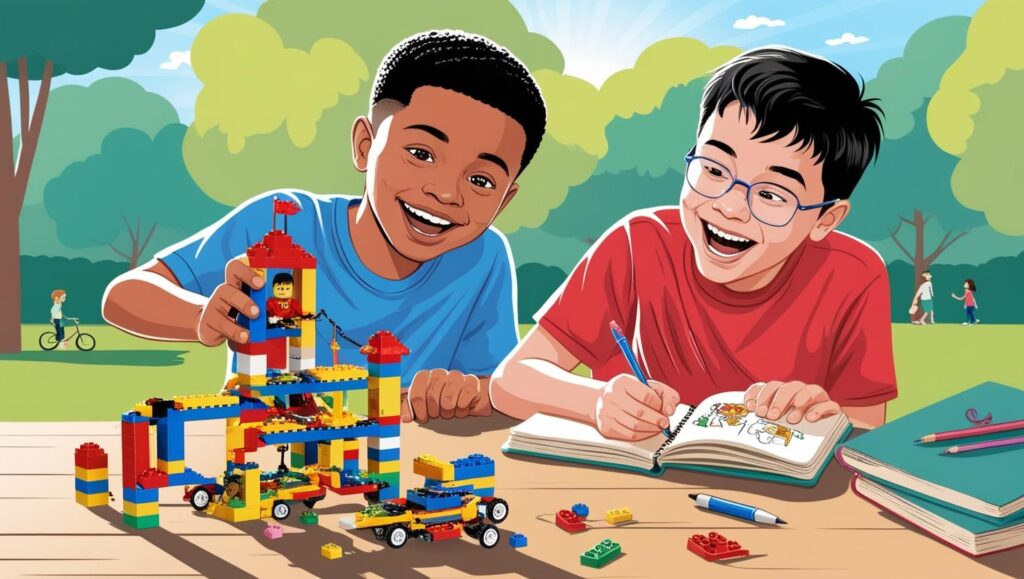
Every child has something they love. Maybe your child has a fascination with trains, outer space, or animals. Whatever their passion, foster it! Give them opportunities to explore what excites them—whether it’s through books, activities, or hands-on experiences.
These passions can become sources of confidence, helping your child feel skilled and accomplished in an area they truly enjoy.
3. Provide Opportunities for Success

Create situations where your child can succeed. These can be small things like completing a puzzle, cooking a simple meal together, or excelling in an area where they feel confident. Success builds self-esteem and allows children to recognize their capabilities.
4. Build a Supportive Community
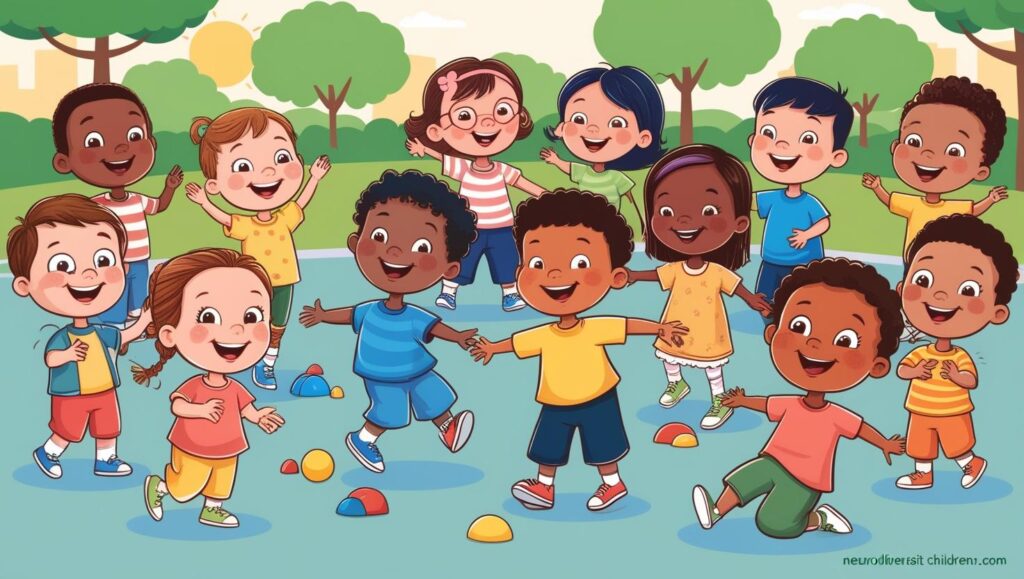
Your family doesn’t have to do this alone. Join support groups within your school, neighborhood, or online communities that bring together other parents raising neurodivergent children. These connections can help you share resources, stories, and understanding.
Encourage your child to connect with peers who share their interests, helping them build friendships in spaces where they feel accepted and understood.
5. Adopt a Strength-Based Approach with Educators
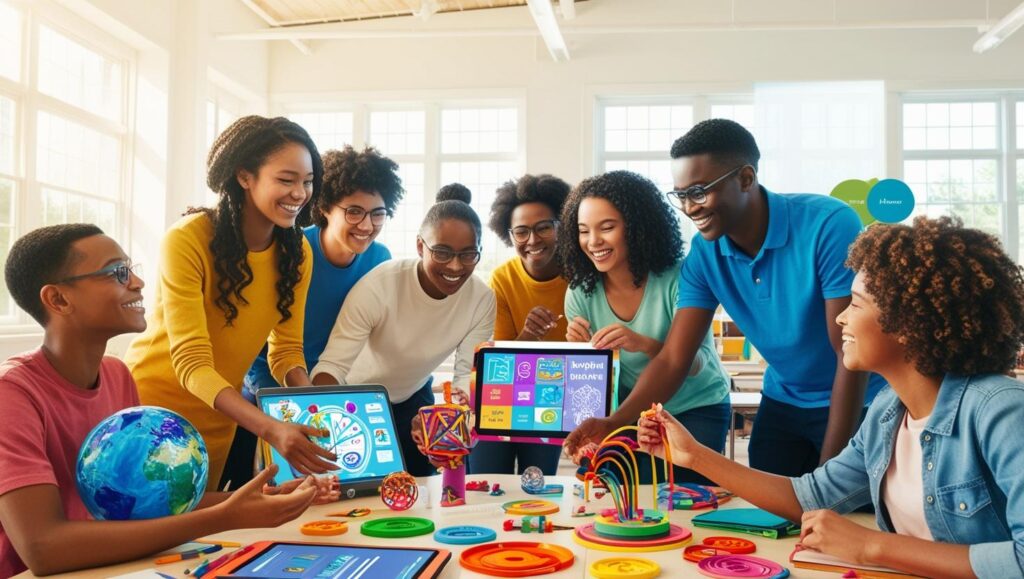
Work closely with your child’s teachers or specialists. Together, you can identify and nurture your child’s strengths while developing supports for areas where they may need help. The goal is to build confidence in their abilities while ensuring they feel supported at school and home.
6. Model Advocacy and Acceptance

Children learn by example. Advocate for your child’s needs with pride and compassion. Teach them that their neurodiversity is to be embraced and celebrated—not hidden. By modeling self-acceptance and advocating for accessible spaces, you’re giving your child permission to do the same.
Be Their Loudest Cheerleader
At the heart of celebrating neurodiversity lies a simple truth—your child deserves unconditional love and encouragement. Neurodivergence doesn’t mean less; it means different. And different is powerful.
Remember, your child is on a unique path, one full of wonders and potential. Encourage them to pursue their dreams, explore their passions, and feel confident in who they are—because the world needs their light.
If you’re looking for extra support or don’t know where to begin, consider reaching out to organizations and resources within the neurodivergent community. Together, we can build a world where every child feels seen, valued, and celebrated for exactly who they are.
What are some ways you celebrate your child’s strengths? Share your thoughts in the comments—we’d love to hear your story, because every voice matters. 💛
Lean more here!
External Links:
- Understood.org – https://www.understood.org/
A comprehensive resource for parents of neurodivergent children, offering expert advice, tools, and community support. - ADDitude Magazine – https://www.additudemag.com/
A trusted resource for parents of children with ADHD, autism, and learning differences, featuring parenting tips, tools, and expert insights. - The Autism Society – https://www.autism-society.org/
A national organization dedicated to improving the lives of individuals with autism and their families through advocacy, education, and resources. - Decoding Dyslexia – https://www.decodingdyslexia.net/
A grassroots movement working to raise awareness and provide resources for families navigating dyslexia. - CHADD (Children and Adults with ADHD) – https://chadd.org/
A leading resource for ADHD information, support groups, and advocacy for families and individuals.
Internal Link:
- Strength-Based Parenting for Neurodivergent Kids
https://bridge2tomorrow.org/strength-based-parenting
A dedicated guide on this website that provides practical strategies for identifying and nurturing your child’s unique strengths.


